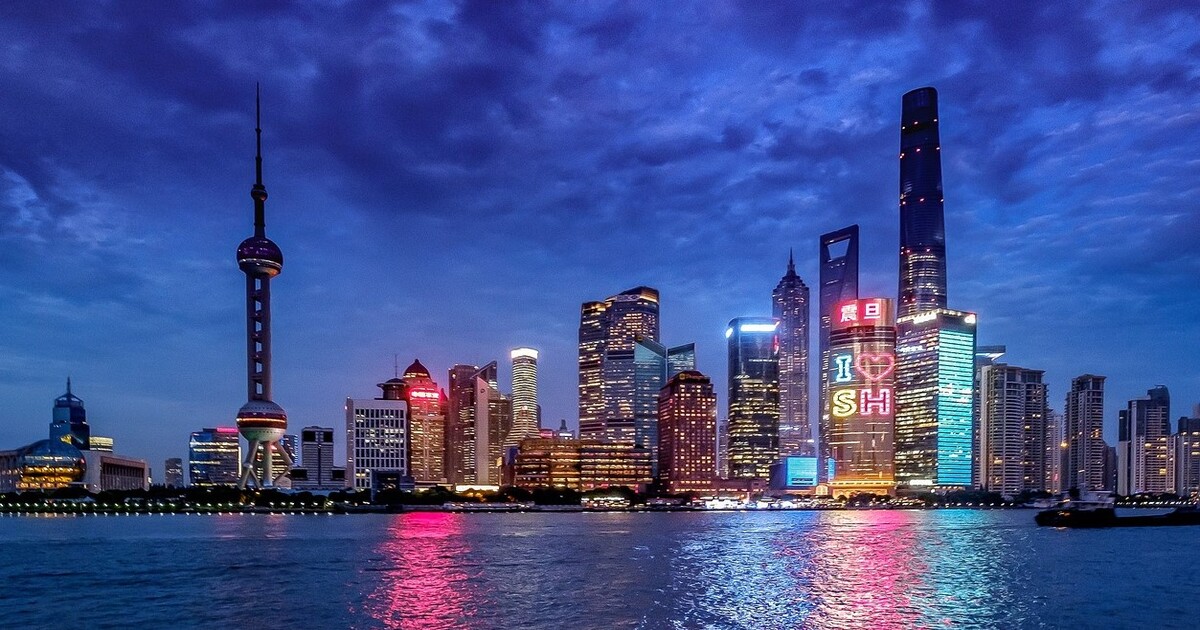The 2010s: The Decade of Disillusion
The decade that has just ended, the 2010s, was marked by the crisis that began in 2007-08, and it was accompanied by the onset of the Fourth Industrial Revolution.
January 11, 2020

The 2010s was the decade of profound digitalization, but also of disillusion with technological transformation.
While the capacity for communication has proliferated, the Internet has not fulfilled the socially liberalizing expectations that were once associated with it. Rather, it has proven to be an instrument that actually rather favors the totalitarianism of state control, as in China.
Much closer to home for Western societies, it also favors the totalitarianism corporate control, mostly (but not exclusively) made in the United States. Shoshana Zuboff has referred to this as “surveillance capitalism.”
Beyond technology: The generational conflict
The other item that emerged over the past decade is an unusually acute generational conflict, certainly in what was once referred to as the West.
This generational conflict, which above all manifests itself in an ageing Europe where the baby boomers approaching retirement outweigh the millennials and those following in their wake, is going to leave its profound mark on the 2020s.
This can also be seen in the conflict stemming from growing and increasingly pernicious inequality, with the downshifting afflicting many in the middle classes. This has triggered many of the so-called “glocal” protests, another reflection of the malaise besetting democracies.
Why domestic politics in the U.S. matters so much
In the near term, the most important thing in 2020 is the electoral outlook for the United States this November.
Four more years of Donald Trump –something that can by no means be ruled out– will mean not only the permanent break-up of the world order of the past 75 years.
It would also mean the – at least prolonged – end of the United States as a global force for enlightenment.
This in itself represents a shocking challenge to the entire West, which had grown comfortable in leaving smart leadership in technology and society to the United States.
Nor should we suppose that a Democratic victory in the United States would mean a return to the status quo ante. Too many things have changed, including the U.S. focus on relations, mainly involving power, technology and values, with China. That is something that is going to definitely shape this decade.
There is also the reappearance of the specter of nuclear weapons, in which context 2019 could represent a point of no return.
Europe adrift
Europe is losing the technology race, especially in the field of artificial intelligence, to the United States as well as to China.
European leaders like to talk about geopolitics, “strategic autonomy” and “digital sovereignty.” But we will have to wait and see if the new team in Brussels and EU governments really come up with the resources these require.
What does seem to be changing is the austerity policy that characterized the past decade. Remarkably, the first major European economy to ditch austerity will soon lie outside the EU.
With Brexit coming on January 31, 2020, the UK under the stewardship of Boris Johnson will join Poland’s PiS party as the second conservative party government to rely on Keynesian spending practices.
The decade of awareness-raising
Of course, the 2010s were also the decade of awareness-raising –with Greta Thunberg in the role of symbol and activist – amid the man-made causes of climate change, with the Paris Agreement of 2015.
While societies make some progress in embracing climate change, many of the economic and technological challenges that we must meet to make this vision a reality are ahead of us.
Conclusion: The 2020s – Progress, regression or standstill?
A symbolic change of decade does not entail a break with the past, but rather that these trends and the conflicts they involve are going to continue.
While life continues to get longer and absolute poverty fell from 18% to 8% of the global population, we are too slow to tackle the problems that are building up.
That is just one reason why, despite occasional progress, many of the world’s citizens continue to be afflicted by disillusion, if not downright frustration.
Takeaways
A symbolic change of decade does not entail a break with the past, but rather that trends and the conflicts they involve are going to continue.
The 2010s was the decade of profound digitalization, but also of disillusion with technological transformation.
While the capacity for communication has proliferated, the Internet has not fulfilled the socially liberalizing expectations that were once associated with it.
While societies make some progress on climate change, many of the economic and technological challenges that we must meet to make this vision a reality are ahead of us.

